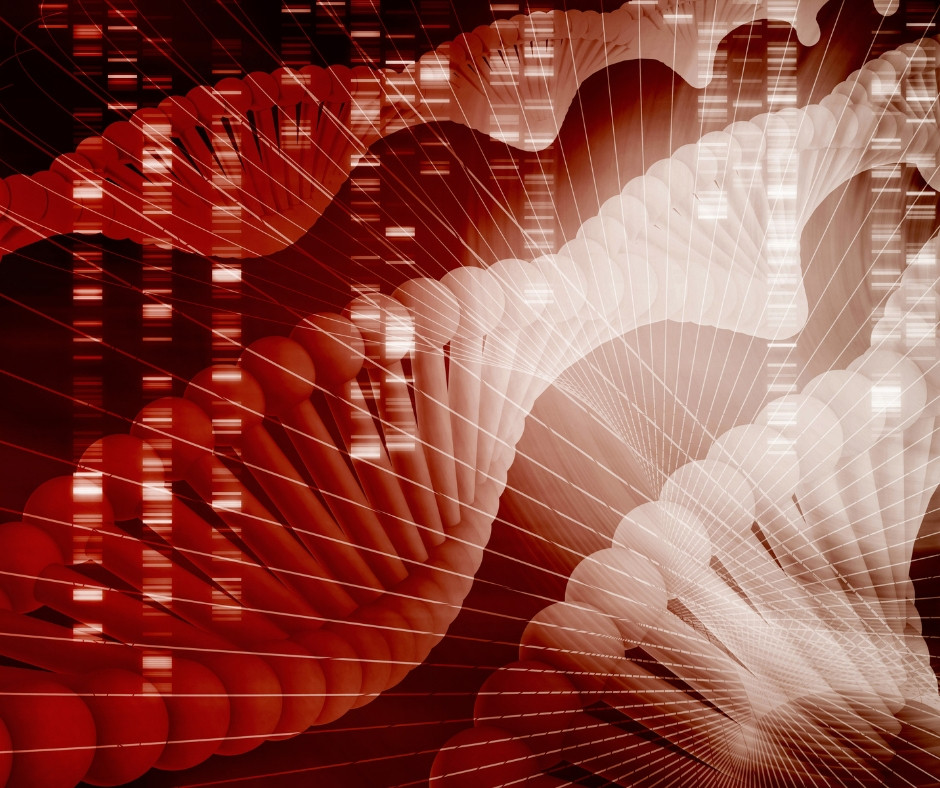
A study uncovers the connection between mutations in the GEMIN5 gene and Coenzyme Q10 deficiency

In science, things take time, but perseverance can eventually bear fruit. The results of this work, published in the European Journal of Human Genetics, began in 2004 with the study of a 12-year-old patient who had cerebellar ataxia, an inability to control voluntary muscle movements. Her symptoms significantly improved by administering coenzyme Q10 (CoQ10), allowing her to lead a practically normal life. Nearly two decades later, in 2020, a mutation in the GEMIN5 gene was identified as the genetic cause of this patient's disease, thanks to the use of new DNA sequencing techniques. Shortly thereafter, two other patients in Spain with CoQ10 deficiency associated with cerebellar ataxia and neurodevelopmental alterations were identified, who have been able to benefit from CoQ10 treatment.
The study
This study, co-led by two teams from the Centre for Biomedical Research Network on Rare Diseases (CIBERER), led by Carlos Santos Ocaña (Pablo de Olavide University) and Rafael Artuch (Sant Joan de Déu Barcelona Hospital), has unveiled groundbreaking findings. Extracted from three unrelated patients, the results reveal that mutations in the GEMIN5 gene cause CoQ10 deficiency associated with ataxia and neurodevelopmental alterations. Previously, it was known that the GEMIN5 gene encoded a protein (GEMIN5) whose mutations resulted in spinal muscular atrophy, but its connection with mitochondrial malfunctions or CoQ10 deficiency had not been established.
Two other significant findings from this study indicate that mutations in GEMIN5 lead to mitochondrial dysfunction in patient cells, which can be partially or fully reversed by CoQ10 supplementation. Additionally, mutations of GEMIN5 in Drosophila melanogaster (the fruit fly) also induce severe neurological problems affecting larval development, which can be reversed by CoQ10 administration.
This research opens up an unexplored therapeutic avenue, offering the possibility of effective therapy for patients with GEMIN5 mutations who previously had no options to address CoQ10 deficiency. Furthermore, it paves the way for a new area of study that connects nervous system development with mitochondrial function.
